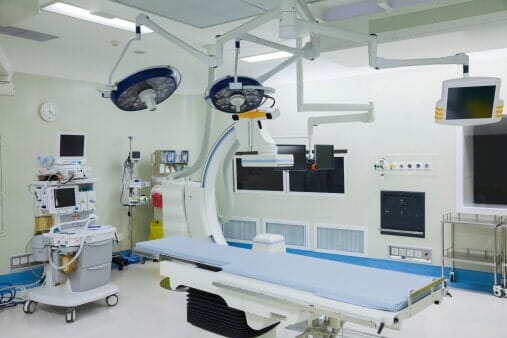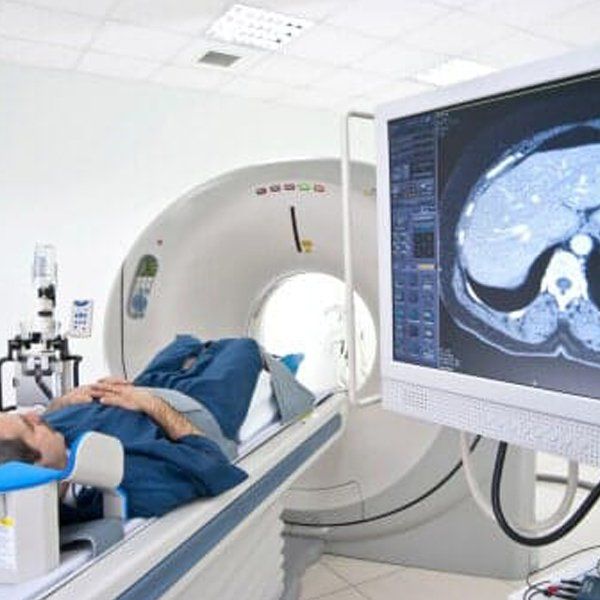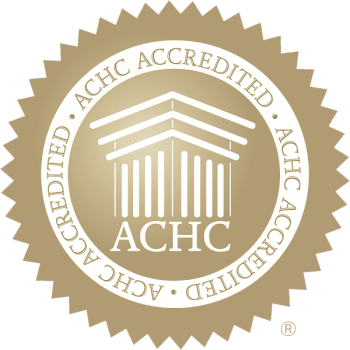Surgery Treatment at the Pain and Disability Institute
Head and Neck Surgery
Radical Head and Neck Surgery
Neurosurgery
Treatment:
Treatment includes;
- Medications
- Physical Medicine Rehabilitation
- Injections - Anesthetics, Opioids
Complications of Chronic Pain:
Typical complications of chronic pain are:
depression, anxiety, irritability, and if opioid analgesics were required preoperatively, a relative tolerance to opioid medications. All of these factors may complicate pain assessment and treatment in the postoperative period.
Cancer Surgery
Brain Tumors
- Treatment
- Biopsy
- Surgery
- Physical medicine and rehabilitation
- Radiotherapy
- Chemotherapy
Diagnostic Aids to Detect Brain Tumors
- Computer Axial Tomography Scan (CT or CAT Scan)
- Magnetic resonance imaging (also called MRI or NMR)
- Skull X-ray
- Chest X-ray
- Positron emission tomography (PET) scan
- Angiogram (also called an arteriogram)
- Electroencephalogram (EEG)
- Biopsy
Children's Cancer
- Staff involved in the care of your child
- General practitioner
- Pediatric oncologist
- Ward doctor
- Nurse
- Surgeon
- Haematologist
- Radiotherapist
- Radiologist
- Social worker
- Psychologist
- Dietician
- Pharmacist
- Recreational therapist
- Pathologist
- Hospital and ward life
- Treatment
- Surgery
- Radiotherapy
- Chemotherapy
- Bone marrow and peripheral stem cell transplant
- Side effects of treatment
- Bone marrow suppression (low blood count)
- Risk of infection
- Hair loss
- Loss of appetite and weight
- Drowsiness
- Long term side effects
- Effect on puberty and fertility - may be affected
- Effect on growth and development
- Heart and lung problems
- Kidney problems
- Intellectual development and education: Some children, especially children treated for brain tumors, may develop learning difficulties and may require special help at school. The extent of these difficulties will depend upon the age of your child.
- Second cancer: Some anti-cancer treatments can themselves increase the risk of othe cancers. Your child's doctor will be able to discuss any concerns you may have about this in more detail.
- Drugs and their side effects
Brain Cancer Treatment
- Steroid Therapy
- Anticonvulsants
- External Beam Radiotherapy
- Stereotactic Radiotherapy
- Interstitial Radiotherapy
- Chemotherapy








